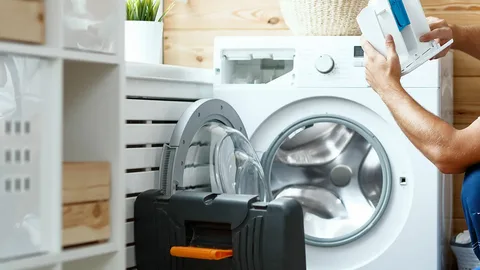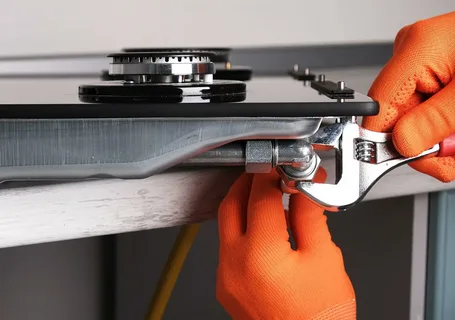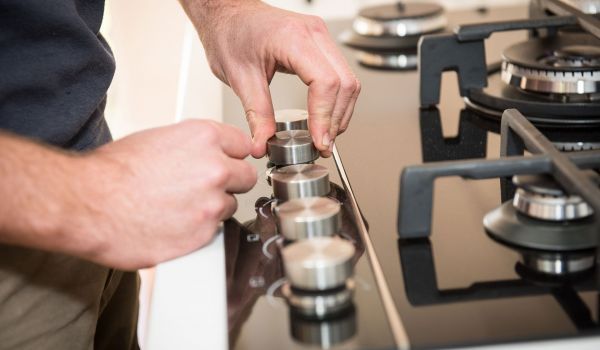Confused about fixing or replacing your appliance? Get smart tips on cost, lifespan, and savings before spending a dime.
Understanding Appliance Lifespans and Repair Value
What Is the Average Lifespan of Major Appliances?
Appliances are built to last, but not forever. Refrigerators typically last 10 to 15 years, washing machines about 8 to 12, and dryers around 10. Dishwashers usually clock in at 8 to 10 years. Knowing these ranges helps you assess whether it makes sense to repair or replace your unit.
What Causes Appliances to Break Down?
Appliances break down due to multiple factors: normal wear and tear, power surges, lack of maintenance, or outdated parts. Even something as minor as a clogged vent can shorten an appliance’s lifespan. Identifying the cause of the issue can help you make a smarter decision.
When Is Repair the Right Call?
If the appliance is relatively new and the issue is small, like a worn-out seal or faulty thermostat, repairing it is usually worth it. Small repairs often cost less than $200 and can extend your appliance’s life by several years.
Cost of Appliance Repairs: What to Expect
Average Repair Costs by Appliance Type
Repair prices vary, but here’s a quick look at the typical cost range:
- Refrigerators: $200–$400
- Washing Machines: $150–$350
- Dishwashers: $130–$300
- Dryers: $150–$330
- Ovens: $100–$300 Always compare the cost of repair against the current value of your appliance.
- Appliance age
- Availability of replacement parts
- Brand (premium brands often have pricier parts)
- Labor charges in your area
- Certified and insured technicians
- Clear and honest pricing
- Good customer reviews
- Fast service windows
- Do you offer a warranty on repairs?
- What’s your diagnostic fee?
- How quickly can you schedule service? These questions help avoid surprises later.



